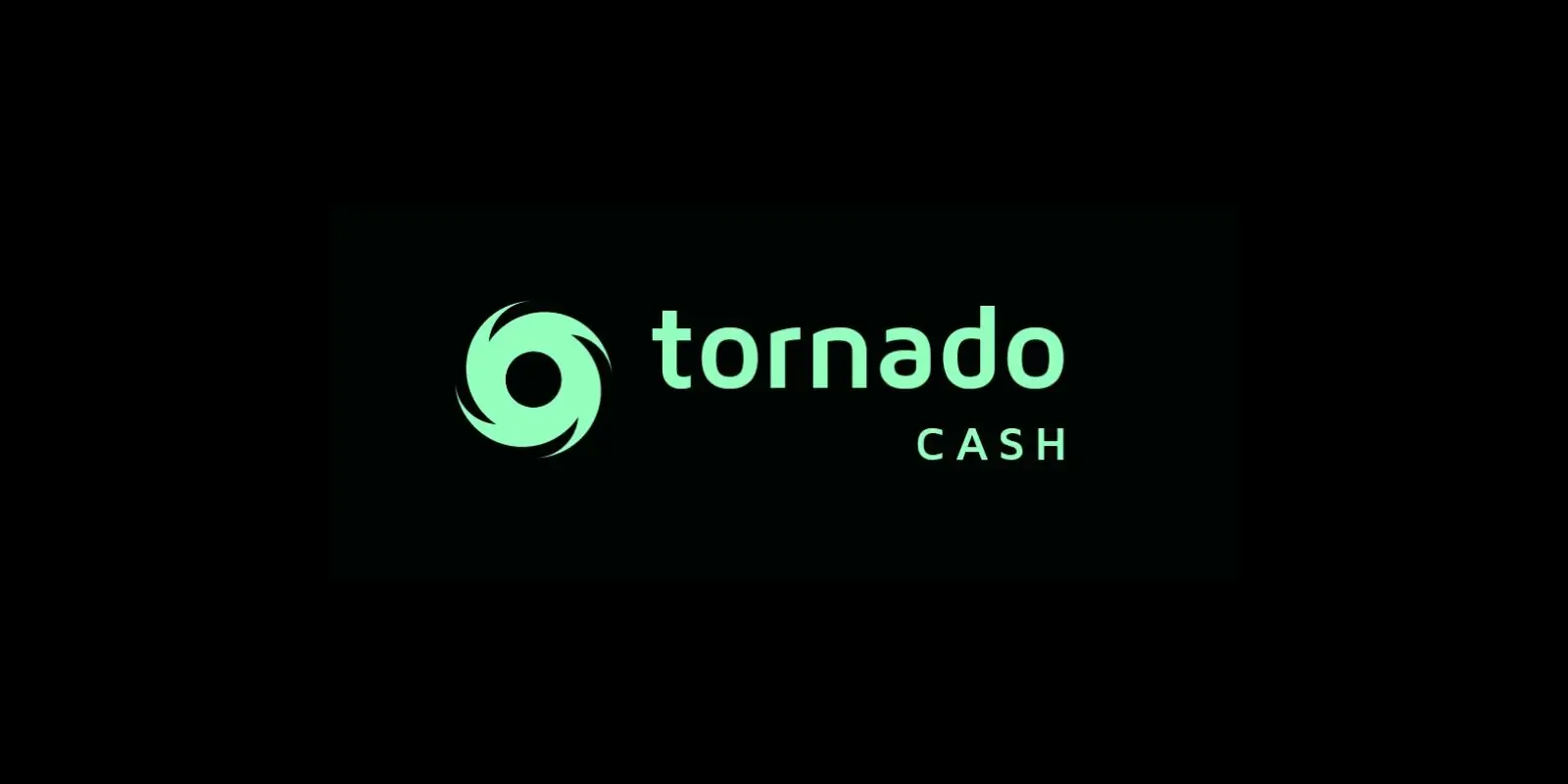The U.S. Fifth Circuit ruled that Treasury overstepped by sanctioning Tornado Cash’s immutable smart contracts, as autonomous software isn’t “property.”
The U.S. Fifth Circuit Court ruled on Tuesday that the Treasury exceeded its authority by authorizing Tornado Cash’s immutable smart contracts, asserting that the autonomous software cannot be classified as property.
The Fifth Circuit determined that smart contracts cannot be classified as “property” subject to sanctions under existing law when they are immutable, meaning that no entity can modify or control them.
The decision is a significant victory for privacy advocates and blockchain developers who are seeking clarity to develop similar products, as it overturns a lower court ruling, according to industry veterans.
Immutable smart contracts at the center of the case “are not property because they are not capable of being owned,” noting that over 1,000 participants engaged in a “trusted setup ceremony” that permanently removed any ability to update or control the code, the court found.
Consequently, these contracts are accessible to all parties, including sanctioned North Korean entities, irrespective of the Treasury’s Office of Foreign Assets Control (OFAC) designation.
“Mending a statute’s blind spots or smoothing its disruptive effects falls outside our lane,” the ruling, handed down by a panel of judges, reads. “We decline the Department’s invitation to judicial lawmaking—revising Congress’s handiwork under the guise of interpreting it.
“Legislating is Congress’s job—and Congress’s alone.”
Because protocols built on smart contracts operate without “human intervention,” they cannot be classified as services since services, by definition, require “an intangible commodity in the form of human effort, such as labor, skill, or advice,” Tuesday’s ruling states.
“No one wants criminals to use crypto protocols,” Coinbase’s Chief Legal Officer Paul Grewal wrote in a post to X on Tuesday. “Blocking open source technology entirely because a small portion of users are bad actors is not what Congress authorized.
“These sanctions stretched Treasury’s authority beyond recognition, and the Fifth Circuit agreed,” Grewal added.
Tornado Cash Sanctions
Tornado Cash was sanctioned by the U.S. Treasury in August 2022 for allegedly facilitating over $7 billion in illicit transactions, including funds associated with North Korea’s Lazarus Group.
Roman Storm and Roman Semenov, two developers, were indicted for sanctions violations and money laundering in August 2023. Alexey Pertsev, an additional developer, was convicted and sentenced to 64 months in prison for the laundering of $1.2 billion in May 2024.
Joseph Van Loon and other plaintiffs filed an appeal in September 2023, contesting the sanctions imposed by the U.S. Department of the Treasury’s Office of Foreign Assets Control against Tornado Cash.
OFAC’s designation of Tornado Cash’s immutable smart contracts as “property” subject to sanctions, according to the plaintiffs, exceeded its authority under the International Emergency Economic Powers Act (IEEPA). The appeal was initiated in response to a district court decision that upheld OFAC’s actions.
Despite the appeals court’s ruling on Tuesday that Tornado Cash’s immutable smart contracts cannot be classified as a sanctioned entity, its broader designation and blocked status remain unaltered.
The case will now be returned to the district court “with the idea that it has to decide the merits again while applying the law as the Fifth Circuit now says it applies,” Bill Hughes, a ConsenSys lawyer, wrote in a post to X on Tuesday.



